
Conduction System Pacing
Raja Selvaraj
Cardiac Electrophysiologist
Professor of Cardiology
JIPMER
From myocardial pacing to conduction system pacing
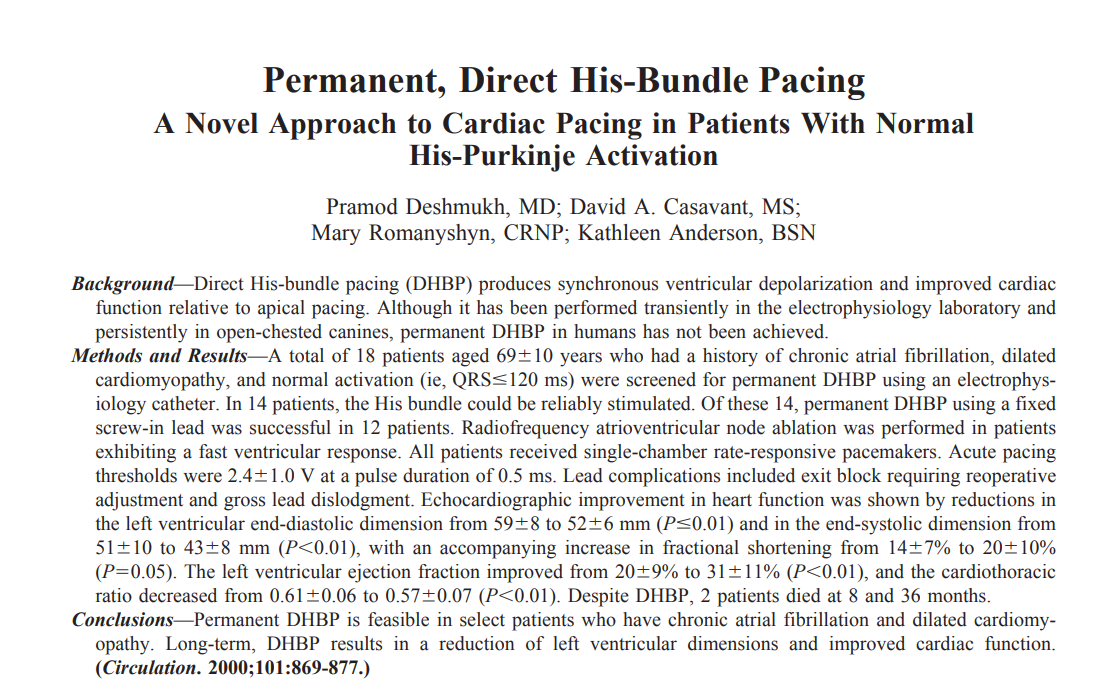
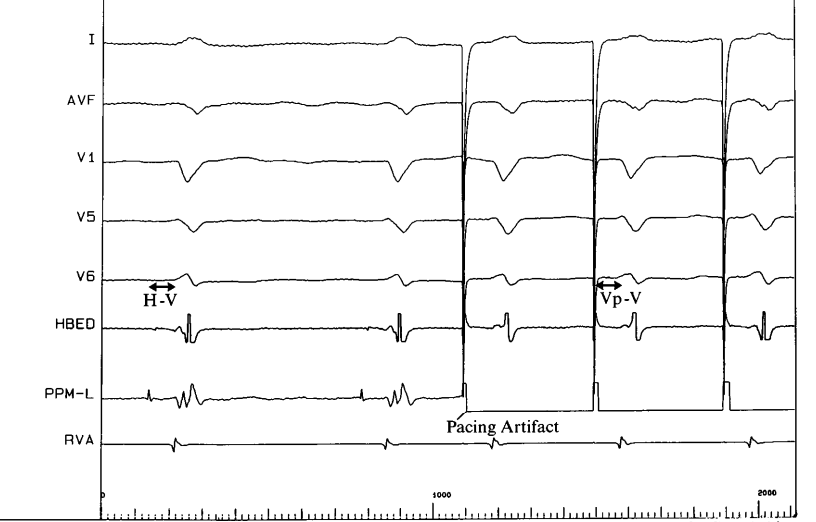
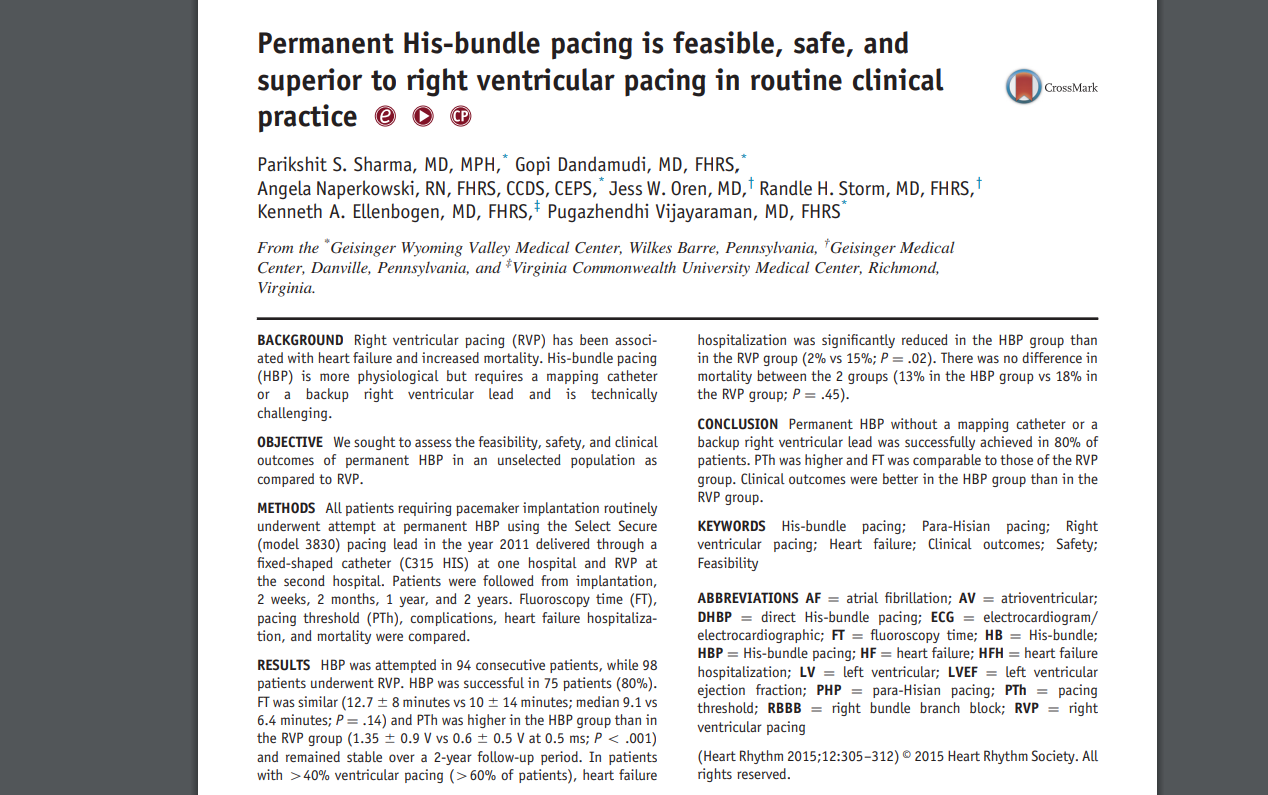

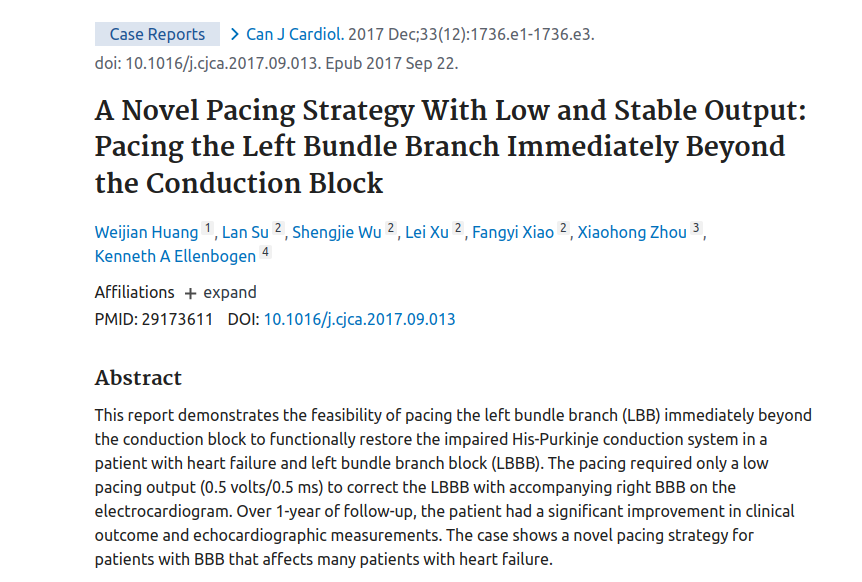
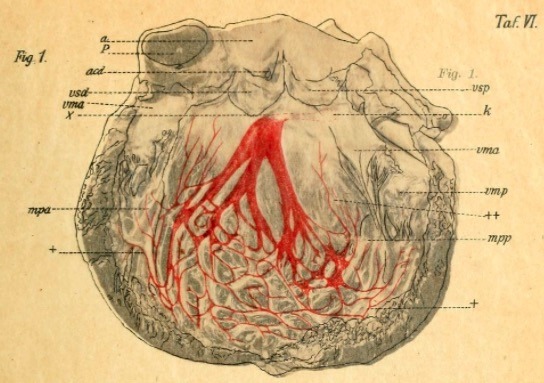
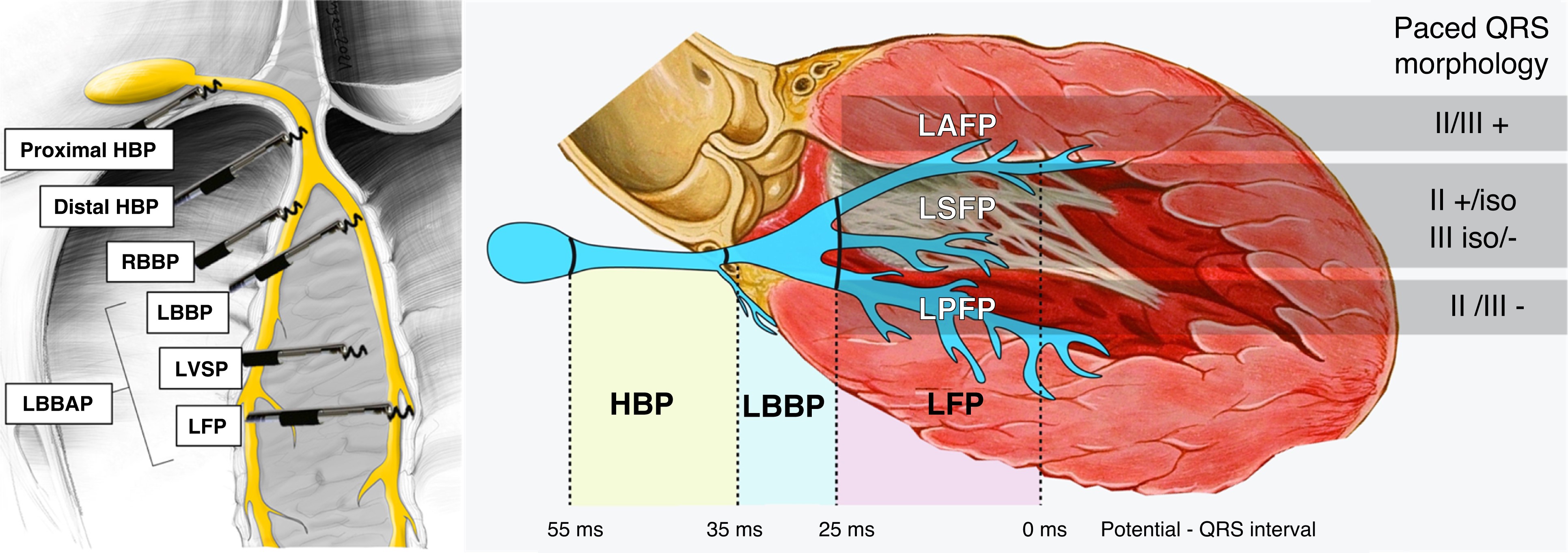
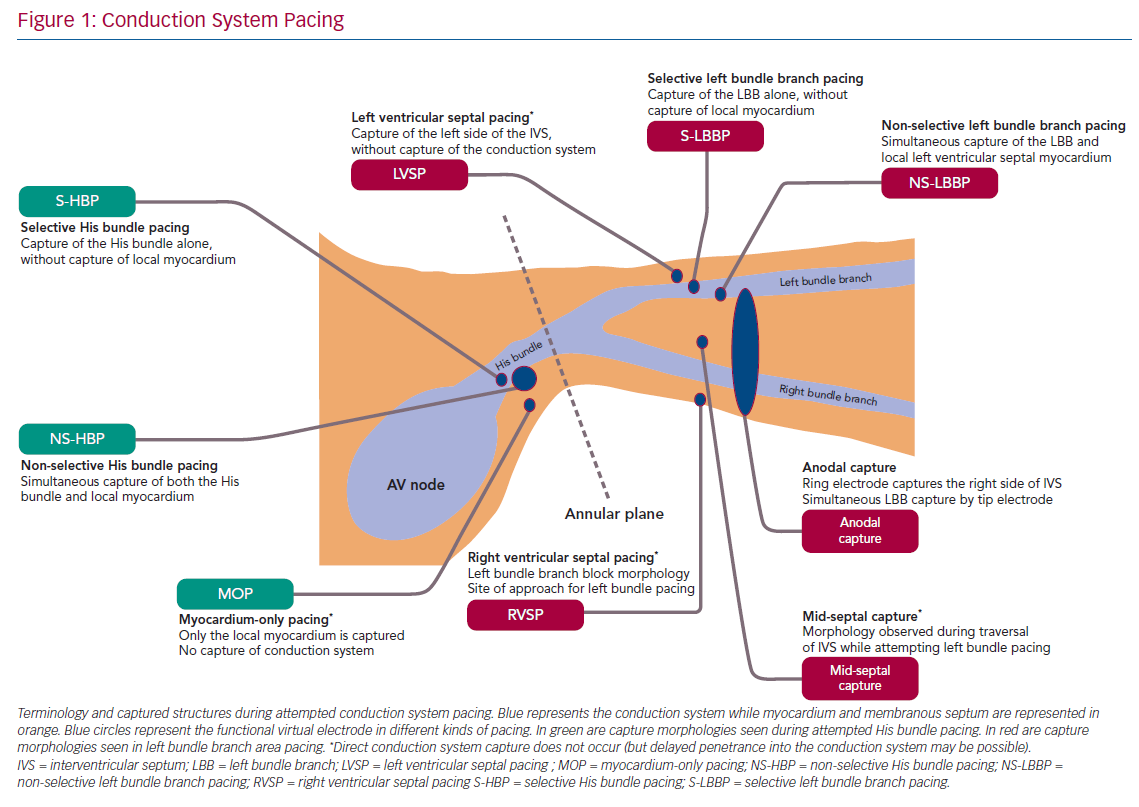
Terminology and recognition that its a spectrum
- RV pacing
- His bundle pacing - selective and non-selective
- Left bundle area pacing
Questions
- LBAP versus HBP
- Fixed helix (lumenless) versus retractable helix (stylet driven)
- LVSP versus non-selective LBAP versus selective LBAP
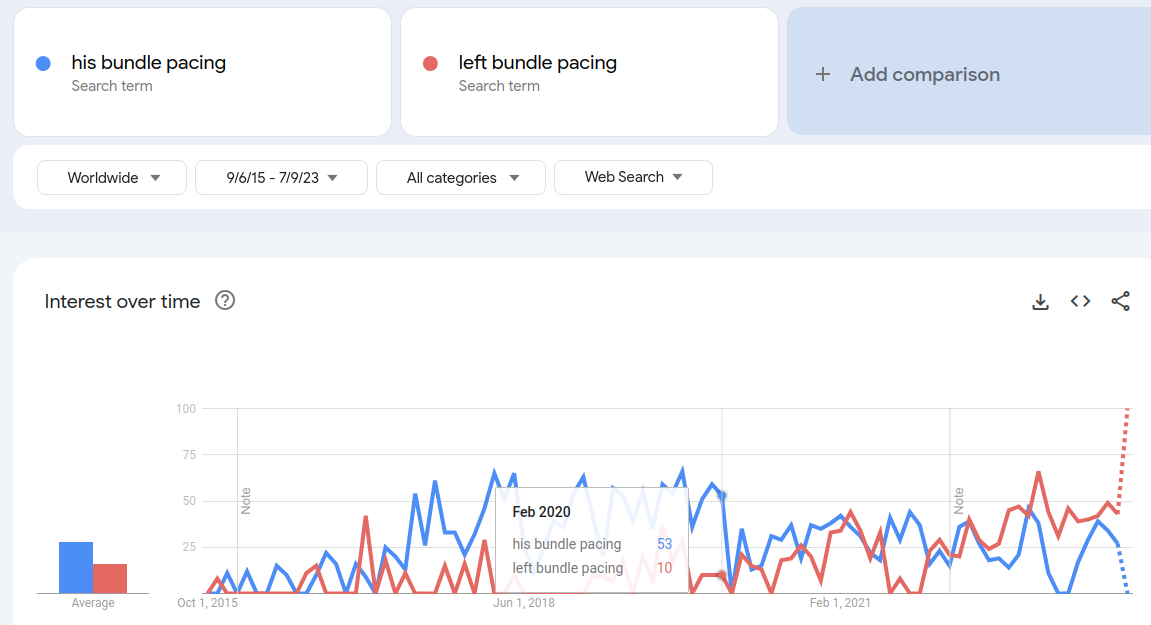
Three primary areas of application
- Cardiac resynchronization
- Bradycardia with risk of PICM
- Bradycardia, low to no risk of PICM
Cardiac resynchronization - Alternative to BiV CRT
- HBP equivalent to biventricular pacing (1, 2)
- Conduction system pacing may be superior (3, 4)
- Lustgarten DL et al. His-bundle pacing versus biventricular pacing in cardiac resynchronization therapy patients: A crossover design comparison. Heart Rhythm. 2015 Jul;12(7):1548-57. doi: 10.1016/j.hrthm.2015.03.048.
- Upadhyay GA et al. His corrective pacing or biventricular pacing for cardiac resynchronization in heart failure. J Am Coll Cardiol 2019;74:157–9.
- Wang Y et al. His-Purkinje system pacing versus biventricular pacing in clinical efficacy: a systematic review and meta-analysis. BMC Cardiovasc Disord. 2023 Jun 3;23(1):285.
- Wang Y et al; LBBP-RESYNC Investigators. Randomized Trial of Left Bundle Branch vs Biventricular Pacing for Cardiac Resynchronization Therapy. J Am Coll Cardiol. 2022 Sep 27;80(13):1205-1216.
Cardiac resynchronization - Adjunct to BiV CRT
- HOT-CRT superior to BiV CRT or His-CRT when His-CRT suboptimal (1)
- LOT-CRT could be an alternative to BiV-CRT (2)
- LOT-CRT provides better resynchronization when LBBP-CRT suboptimal (3)
- Vijayaraman et al. His-optimized cardiac resynchronization therapy to maximize electrical resynchronization. Circ Arrhythm Electrophysiol. 2019;12:e006934
- Jastrzębski M et al. Left bundle branch-optimized cardiac resynchronization therapy (LOT-CRT): Results from an international LBBAP collaborative study group. Heart Rhythm. 2022 Jan;19(1):13-21.
- Chinmay Parale… Raja Selvaraj. Comparison of Electrocardiographic parameters between LOT-CRT and LBBP-CRT. PACE 2023 (Accepted for publication)
Bradycardia pacing - Risk of PICM
- LVEF < 40%, pacing requirement > 40%
Bradycardia pacing - Low risk of PICM ?
Future
Better understanding
- Non-selective versus selective capture
- LV septal pacing versus LBB pacing
- Best approach in RBBB / IVCD
- Long term outcomes - stability, extractability
Hardware improvements
- Stylet driven versus lumen-less
- Specially designed leads
- Sheaths - Effective and economical
Combine with other devices
- Leadless pacemaker
- ICD
Summary
- Conduction system pacing is a revolutionary shift in pacing therapy
- Conduction system pacing is here to stay and to dominate pacing therapy
- Clearly non-inferior, possibly superior to traditional BiV pacing for CRT
- May be preferred in patients at risk of PICM
- Unclear if it will replace traditional pacing for all bradycardia indications